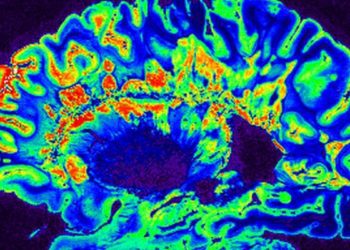Palliative care improves satisfaction in patients with progressive neurologic diseases and their caregivers
1. In this systematic review and meta-analysis, palliative care helped alleviate symptom burden and provided greater satisfaction for patients with progressive neurologic diseases and their caregivers.
2. Furthermore, in the studies that included spiritual care, there was a strong association between spiritual care and both lower caregiver burden and lower symptom burden.
Evidence Rating Level: 1 (Excellent)
Individuals with progressive neurologic diseases experience symptom distress that may rival that of terminal cancer. However, there is limited data evaluating the benefit of palliative care in this population As a result, the objective of the present study was to review the literature of the effects of palliative interventions in progressive neurologic diseases on both patient-centered and caregiver-centered outcomes.
Of 23,767 identified records, 27 (n=3431 patients, n=1776 caregivers) studies were included from various databases from database inception to September 2021. Studies were included if they investigated adults with a progressive neurological disease (e.g., Parkinson’s disease, dementia, multiple sclerosis, etc.) who received palliative care. Studies were excluded if >50% of the patients enrolled in the study had a non-progressive neurologic disease. The review was performed using PRISMA guidelines. Risk of bias was assessed using the Cochrane Collaboration risk of bias tool version 2 (RoB2) and risk of bias in nonrandomized studies (ROBINS-I) for quasi-experimental studies. Statistical analysis was performed using random-effects models. The primary outcome was the impact of palliative care interventions on patient-centered and caregiver-centered outcomes.
The results demonstrated that palliative care interventions helped reduce the symptom burden of patients with progressive neurologic disease and improved satisfaction among patients and caregivers. Although few of the investigated studies included spiritual care, those that included spiritual care showed a strong association with both lower caregiver burden and lower symptom burden. Despite these results, the study was limited by study heterogeneity due to clinical and methodological differences. Nonetheless, the present study further supports the importance of palliative care in patients suffering from progressive neurological diseases.
Click to read the study in The Journal of Post-Acute and Long-Term Care Medicine
Image: PD
©2023 2 Minute Medicine, Inc. All rights reserved. No works may be reproduced without expressed written consent from 2 Minute Medicine, Inc. Inquire about licensing here. No article should be construed as medical advice and is not intended as such by the authors or by 2 Minute Medicine, Inc.





